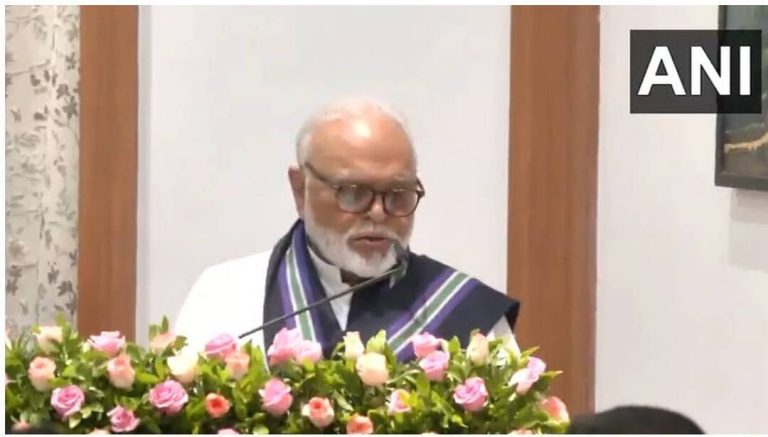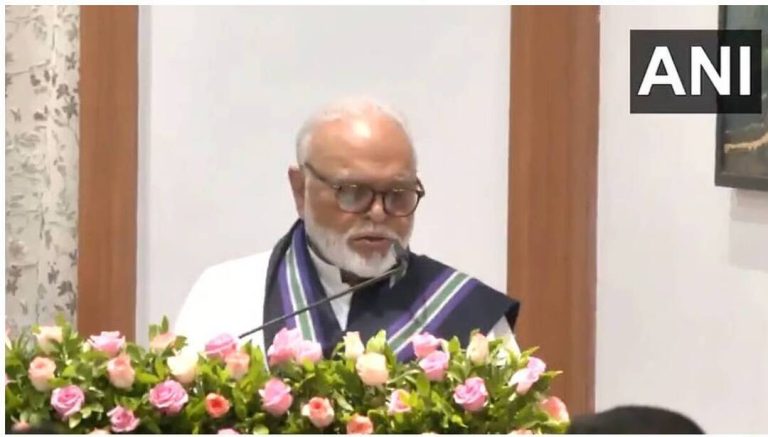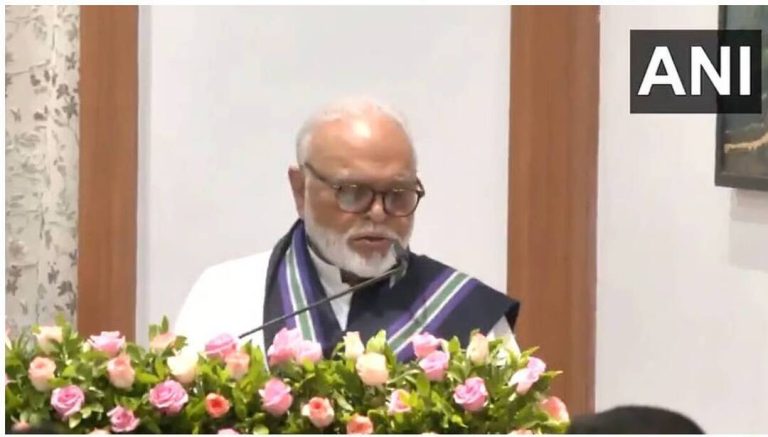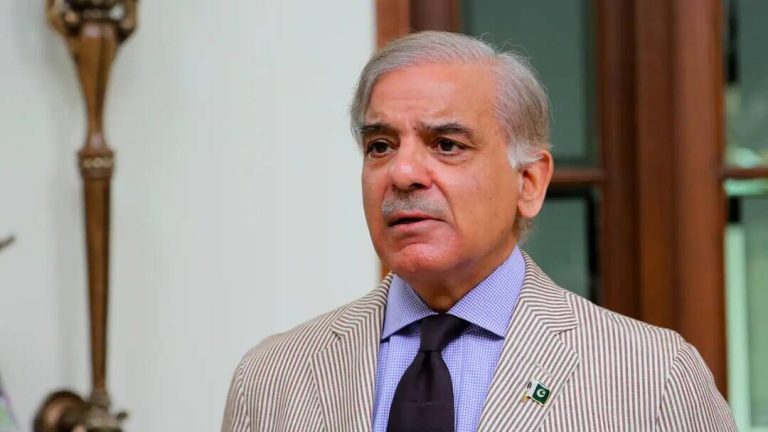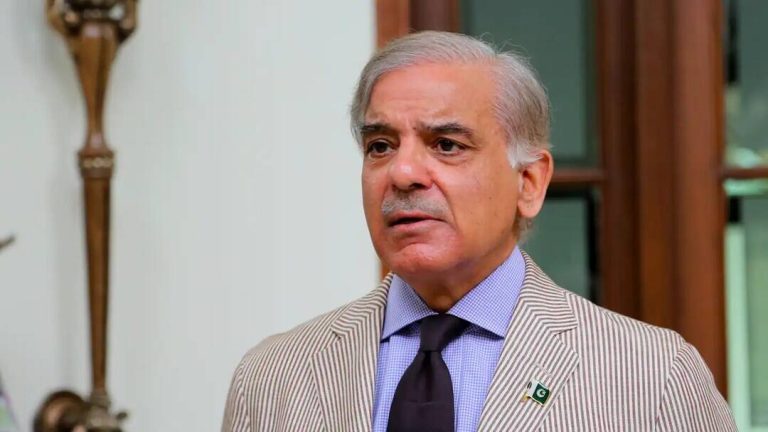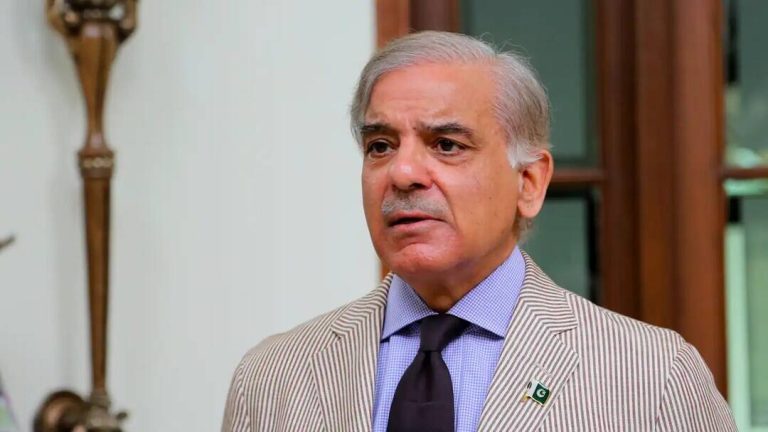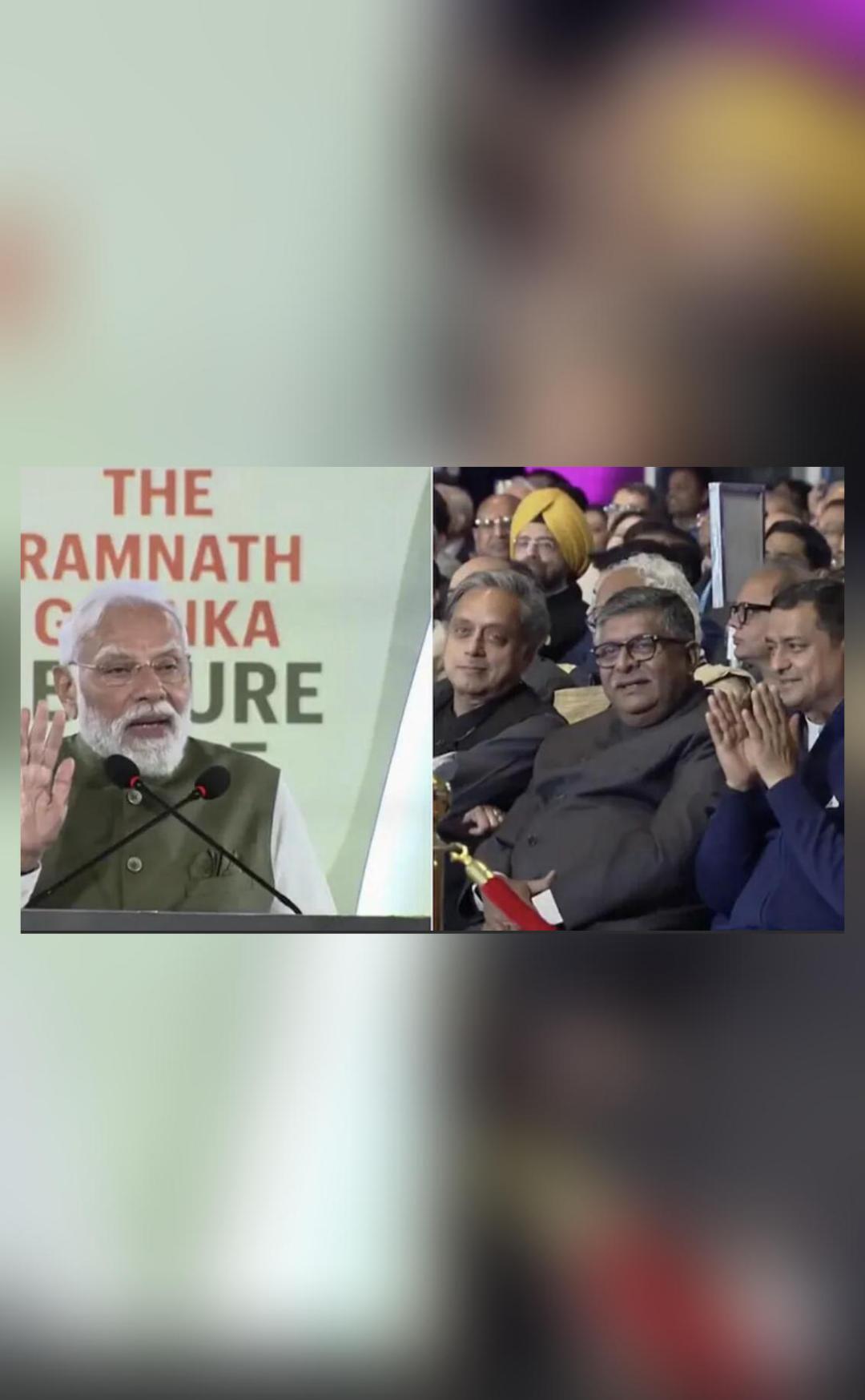
I didn’t praise: Tharoor on criticism over ‘praising’ PM’s speech
The world of politics is often filled with controversy and criticism, and the latest example of this is the backlash faced by Congress MP Shashi Tharoor for his remarks on Prime Minister Narendra Modi’s speech. Tharoor, known for his eloquence and diplomatic language, found himself at the receiving end of criticism from his own party colleagues and others for allegedly “praising” the Prime Minister’s speech. However, Tharoor has now responded to the criticism, clarifying that he did not intend to praise the Prime Minister, but rather simply describe the speech.
The controversy began when Tharoor posted a neutral comment on social media about the Prime Minister’s speech, which was perceived by many as praise. However, Tharoor has now stated that his intention was not to praise the Prime Minister, but rather to provide a factual description of the speech. “Even a neutral post by me on a speech by the PM has been attacked as praising him. But I didn’t say a single word of praise. I just described the speech,” he said. This clarification highlights the challenges faced by politicians in expressing their opinions without being misinterpreted or misunderstood.
Tharoor’s comments on the Prime Minister’s speech were seen as a departure from the usual criticism and opposition that the Congress party has been vocal about. The Congress party has been a vocal critic of the Prime Minister and his government, and Tharoor’s comments were perceived as a softening of stance. However, Tharoor has now made it clear that his intention was not to praise the Prime Minister, but rather to provide a neutral and factual description of the speech.
The incident highlights the complexities of political discourse in India, where every comment and statement is scrutinized and analyzed. Politicians are often expected to toe the party line and express opinions that are in line with their party’s ideology. Any deviation from this is seen as a sign of weakness or disloyalty. Tharoor’s experience is a classic example of this, where a neutral comment was perceived as praise, and he was criticized for it.
Tharoor is known for his diplomatic language and his ability to engage in constructive dialogue with people across the political spectrum. He has been a vocal advocate for constructive politics and has often spoken about the need for politicians to engage in respectful and meaningful dialogue. His comments on the Prime Minister’s speech were in line with this approach, and he has now clarified that his intention was not to praise the Prime Minister, but rather to provide a factual description of the speech.
The incident also highlights the challenges faced by politicians in expressing their opinions on social media. Social media platforms have become an important tool for politicians to connect with their constituents and express their opinions. However, social media can also be a double-edged sword, where comments can be misinterpreted or taken out of context. Tharoor’s experience is a classic example of this, where a neutral comment was perceived as praise, and he was criticized for it.
In conclusion, the controversy surrounding Tharoor’s comments on the Prime Minister’s speech highlights the complexities of political discourse in India. Tharoor’s clarification that he did not intend to praise the Prime Minister, but rather provide a factual description of the speech, highlights the challenges faced by politicians in expressing their opinions without being misinterpreted or misunderstood. The incident also highlights the need for constructive politics and respectful dialogue, where politicians can engage in meaningful discussions without being criticized or misunderstood.
Tharoor’s experience is a reminder that politicians must be careful in expressing their opinions, especially on social media. A neutral comment can be perceived as praise, and a critical comment can be perceived as an attack. However, this does not mean that politicians should not express their opinions or engage in constructive dialogue. Rather, it highlights the need for careful consideration and thoughtful expression of opinions, where politicians can engage in meaningful discussions without being misinterpreted or misunderstood.
The relationship between Tharoor and the Prime Minister has been a subject of interest in the past, with Tharoor often speaking about the need for constructive politics and respectful dialogue. Tharoor has been a vocal advocate for engagement with the government, even when he disagrees with their policies. This approach has often been seen as a departure from the usual oppositional stance of the Congress party, and Tharoor has faced criticism from within his own party for his approach.
However, Tharoor’s approach is a reflection of his commitment to constructive politics and respectful dialogue. He has often spoken about the need for politicians to engage in meaningful discussions, even when they disagree. This approach is essential in a democracy, where politicians must be able to engage in constructive dialogue to find solutions to complex problems.
In recent times, Tharoor has been in the news for his comments on various issues, including the Prime Minister’s speech. He has also been in the news for his participation in a Dubai event, where he spoke about the need for constructive politics and respectful dialogue. Tharoor’s comments on the Prime Minister’s speech were seen as a continuation of this approach, where he sought to provide a factual description of the speech without being critical or oppositional.
The Prime Minister’s speech, which was the subject of Tharoor’s comments, was a significant event in the political calendar. The speech was seen as an important statement of the government’s intentions and policies, and it was widely covered in the media. Tharoor’s comments on the speech were seen as a significant development, given his position as a Congress MP and his reputation as a thoughtful and articulate commentator.
In conclusion, the controversy surrounding Tharoor’s comments on the Prime Minister’s speech highlights the complexities of political discourse in India. Tharoor’s clarification that he did not intend to praise the Prime Minister, but rather provide a factual description of the speech, highlights the challenges faced by politicians in expressing their opinions without being misinterpreted or misunderstood. The incident also highlights the need for constructive politics and respectful dialogue, where politicians can engage in meaningful discussions without being criticized or misunderstood.
